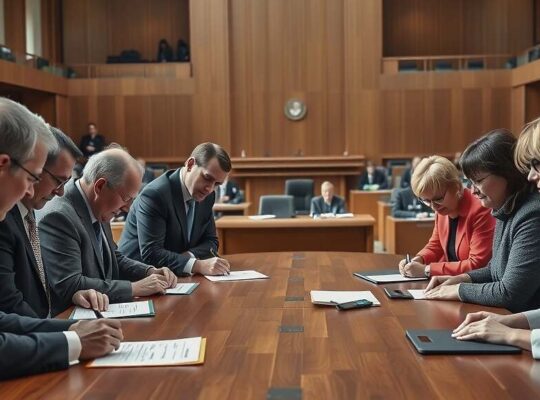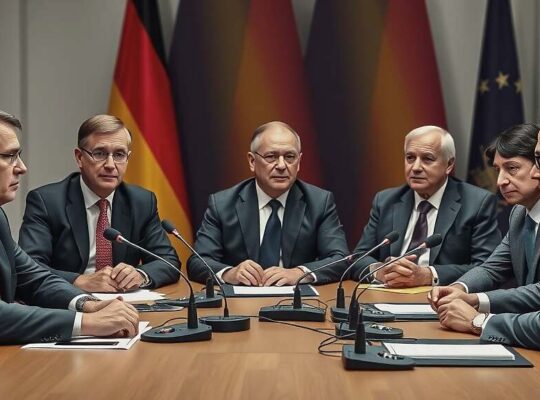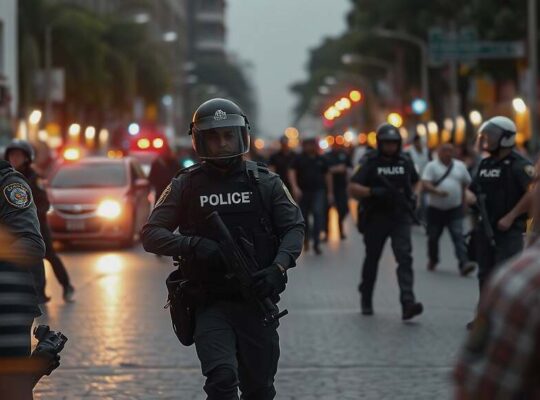Concerns regarding the increasing prevalence of drone activity over both military and civilian infrastructure in Germany have prompted calls for legislative changes and a streamlining of responsibilities. Thomas Röwekamp, Chairman of the Bundestag’s Defense Committee, has endorsed proposals put forward by Interior Minister Alexander Dobrindt, emphasizing the need for enhanced drone defense capabilities.
Röwekamp, in remarks to the “Rheinische Post” cited the ongoing conflict in Ukraine as a stark illustration of the daily and widespread nature of drone attacks, noting a corresponding rise in drone overflights within Germany, particularly targeting critical infrastructure such as ports and airports.
He argued that current response capabilities are fragmented and inadequate. Responsibility for countering drone threats is presently distributed among the Bundeswehr (for military installations), 16 state police forces and the federal police – none of which possess sufficient technical capabilities to effectively address the problem. He stressed that the current framework primarily allows the military to act only in immediate defense of military property.
To rectify this, Röwekamp is advocating for revisions to the Air Security Act, specifically requesting clarification that permits the Bundeswehr, through mutual assistance arrangements, to deploy its capabilities to respond to drone attacks targeting civilian properties. He also called for a new Maritime Security Act to clearly delineate the Navy’s responsibilities for protecting critical infrastructure at sea.
Röwekamp emphasized that federalism should not impede efforts to establish a unified and effective defense framework. He underscored the necessity for coordinated action to safeguard against drone threats, regardless of whether the target is military or civilian, or its geographic location within Germany.












